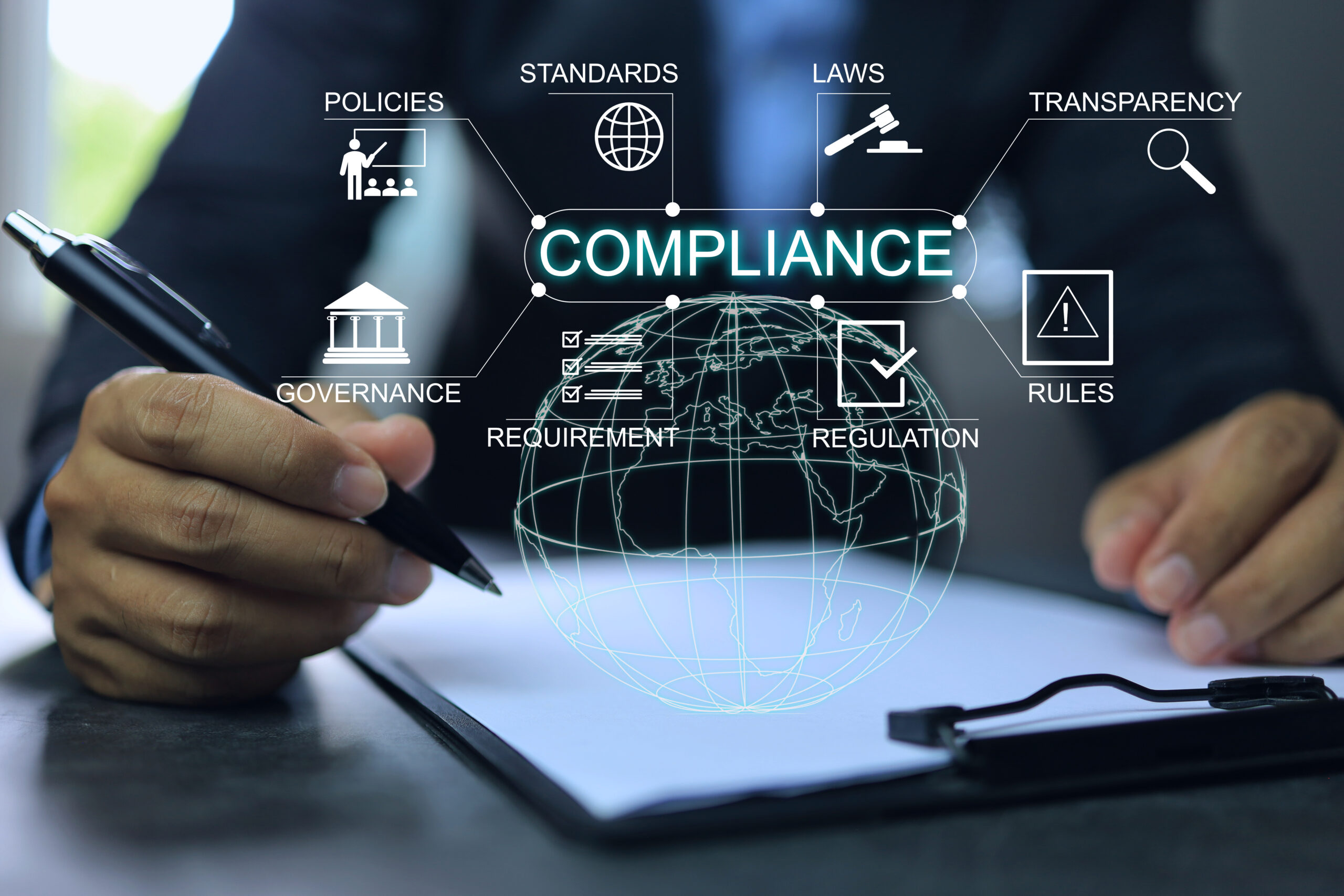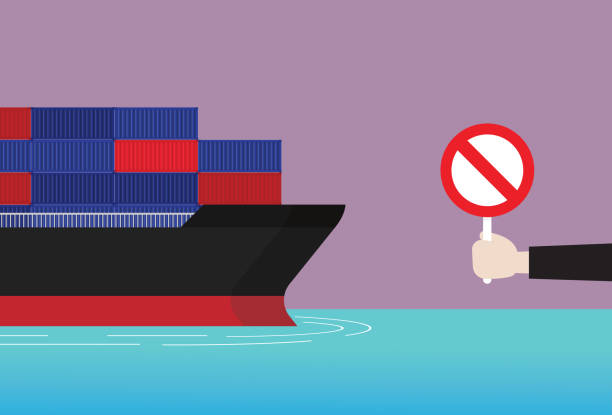In today’s world, businesses are more globally engaged than ever before. This increased connectivity brings significant opportunities but also comes with complex challenges, particularly when it comes to navigating export control restrictions. Understanding and complying with these regulations is crucial for any business involved in international trade.

What Are Export Control Restrictions?
Export control restrictions are laws and regulations that governments impose to manage the export of certain goods, technologies, and services. These controls are designed to protect national security, prevent the proliferation of weapons of mass destruction, and support foreign policy objectives. They ensure that sensitive items do not end up in the hands of entities or countries that could pose a threat.
Key Regulatory Bodies
Several regulatory bodies oversee export control restrictions. In the United States, the key agencies include:
- Bureau of Industry and Security (BIS): Under the Department of Commerce, BIS regulates the export of commercial and dual-use items through the Export Administration Regulations (EAR).
- Directorate of Defense Trade Controls (DDTC): Part of the Department of State, DDTC regulates defense-related exports under the International Traffic in Arms Regulations (ITAR).
- Office of Foreign Assets Control (OFAC): A division of the Department of the Treasury, OFAC administers and enforces economic and trade sanctions.
Importance of Compliance
Non-compliance with export control restrictions can lead to severe consequences, including hefty fines, revocation of export privileges, and even imprisonment. Beyond legal repercussions, violations can damage a company’s reputation and disrupt business operations.
Steps to Ensure Compliance
Know Your Products and Technology
Determine if your items are subject to export control restrictions by checking the Commerce Control List (CCL) for dual-use items or the U.S. Munitions List (USML) for defense-related items.
Classify Your Exports
Proper classification of your goods, software, and technology is essential. Use Export Control Classification Numbers (ECCNs) for items under EAR or USML categories for ITAR-controlled items.
Understand Destination Controls
Different countries have different levels of restrictions. Be aware of embargoed or sanctioned countries where exports are generally prohibited or require special licenses.
Screen Parties Involved
Conduct due diligence on all parties involved in the export process. This includes customers, freight forwarders, and other intermediaries. Utilize denied party screening tools to ensure no transactions with prohibited entities.
Apply for Necessary Licenses
If your export requires a license, submit applications to the relevant regulatory bodies. Ensure all documentation is accurate and complete.
Stay Informed
Export control regulations are dynamic and can change rapidly. Regularly review updates from regulatory agencies and consider subscribing to relevant newsletters and bulletins.
Best Practices for Effective Compliance Programs
Developing a robust compliance program is vital for managing export control restrictions effectively. Here are some best practices:
- Training and Education: Regularly train employees on export control regulations and your company’s compliance policies.
- Internal Audits: Conduct periodic audits to identify and address any compliance gaps.
- Documentation: Maintain detailed records of all export transactions, including licenses, classification decisions, and screening results.
- Consult Experts: Engage with legal and compliance experts to navigate complex regulations and stay ahead of changes.
Conclusion
Navigating export control restrictions is an intricate yet essential aspect of global trade. By understanding the regulations, classifying your products correctly, and implementing a comprehensive compliance program, your business can mitigate risks and capitalize on international opportunities.
At Emtrain, we are committed to providing you with the knowledge and tools necessary to thrive in the global marketplace while ensuring compliance with export control restrictions.








